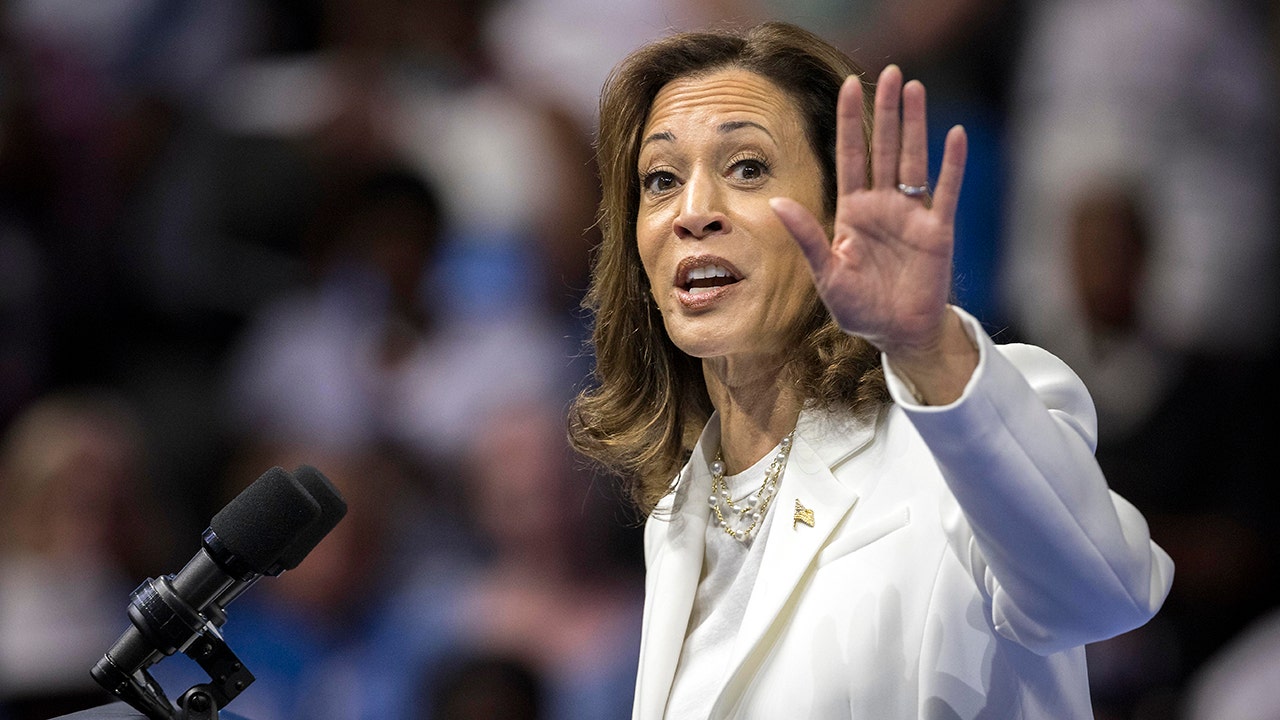New York CNN —
Silicon Valley Bank’s liquidity crisis and subsequent downfall sent waves of panic through the financial system in early March, setting off a chain reaction of chaos with which regional banks are still grappling.
Now, lawmakers are set to begin their investigation into what led to the second-largest bank collapse in US history — and how to prevent something similar from happening again.
On Tuesday morning, members of the Senate Banking Committee will probe federal regulators: Martin Gruenberg, chairman of the board of directors of the Federal Deposit Insurance Corporation; Nellie Liang, under secretary for domestic finance at the US Treasury; and Michael Barr, vice chair for supervision at the Federal Reserve, about the tumultuous events that sent financial systems into a frenzy.
On Wednesday, the House Financial Services Committee will continue with their own line of questioning.
Tuesday’s hearing is likely to be the first of many, as lawmakers contemplate and debate potential changes to finance regulations and supervision.
Greg Becker, the former CEO of SVB; and Joseph DePaolo, former CEO of the also-collapsed Signature Bank, have both been asked to testify at a later date.
What to expect: Elected officials will grill panelists about the details of the bank failures earlier this month and ask them about what needs to be done to prevent a similar crisis. They’ll also want to know why no one was able to predict and prevent the meltdown.
“It is critical that we get to the bottom of how Silicon Valley Bank and Signature Bank collapsed so that we can maintain a strong banking system, protect Americans’ hard-earned money, and hold those responsible accountable, including the CEOs,” said Senator Sherrod Brown, chairman of the Senate Banking Committee, in a letter to the financial regulators testifying Tuesday. Sen. Brown has called for the executives of Silicon Valley Bank to be held accountable for the bank’s failure.
In prepared testimony released on Monday, Barr, the Fed’s vice chair for supervision, detailed how SVB leadership failed to effectively manage interest rate and liquidity risk.
SVB’s failure is a “textbook case of mismanagement,” Barr said in his remarks.
The Fed official pointed out that SVB’s belated effort to fix its balance sheet only made matters worse.
“The bank waited too long to address its problems and, ironically, the overdue actions it finally took to strengthen its balance sheet sparked the uninsured depositor run that led to the bank’s failure,” said Barr, adding that there was “inadequate” risk management and internal controls.
On March 9, depositors yanked $42 billion from SVB in a bank-run panic that appeared to be fueled in part by venture capitalists urging tech startups to pull their funds.
“Social media saw a surge in talk about a run, and uninsured depositors acted quickly to flee,” said Barr.
The Fed official echoed comments from other top regulators in assuring the public about the safety of banks.
“Our banking system is sound and resilient, with strong capital and liquidity,” Barr said. “We are committed to ensuring that all deposits are safe. We will continue to closely monitor conditions in the banking system and are prepared to use all of our tools for any size institution, as needed, to keep the system safe and sound.”
Gruenberg of the FDIC also submitted prepared testimony ahead of the hearing. The failures of SVB and Signature Bank, he wrote, “demonstrate the implications that banks with assets over $100 billion can have for financial stability. The prudential regulation of these institutions merits serious attention, particularly for capital, liquidity, and interest rate risk.”
One preliminary lesson learned from the collapses, wrote Gruenberg, is that “heavy reliance on uninsured deposits creates liquidity risks that are extremely difficult to manage, particularly in today’s environment where money can flow out of institutions with incredible speed in response to news amplified through social media channels.”
Congressman Patrick McHenry, chairman of the House Financial Services Committee, said earlier this month the collapse of SVB was “the first Twitter-fueled bank run.”
— CNN’s Matt Egan and Krystal Hur contributed to this report.
.png)
 1 year ago
7
1 year ago
7









 English (US) ·
English (US) ·